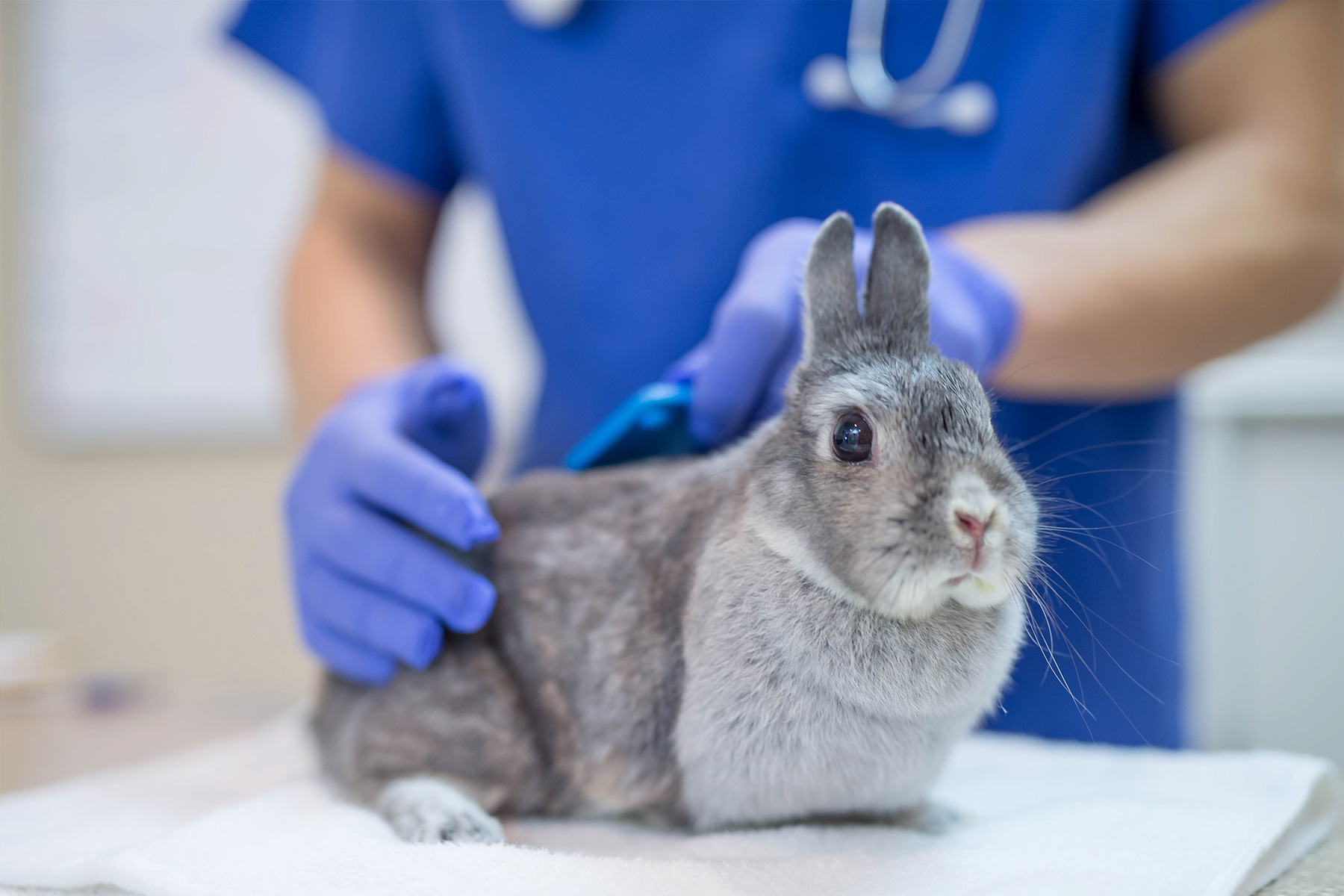Minor Wounds Care
Walk In Clinic for Animals is open every evening, from 7pm – 10:30pm
Minor Wounds Care
at Walk In Clinic for Animals
Minor wounds are a common occurrence for our pets, whether it’s a scrape from a playful tumble or a cut from a curious exploration. While many minor wounds can be treated at home, it’s important to know when to seek professional veterinary care.
For minor cuts and scrapes, start by gently cleaning the wound with warm water to remove dirt and debris. Avoid using harsh soaps or hydrogen peroxide, as these can irritate the delicate skin. A gentle saline solution can also be used to clean the wound if you have some at home.
Once the wound is clean, cover the wound with a clean bandage to protect it from further injury and licking. However, be cautious not to wrap the bandage too tightly, as this can restrict blood flow. If you aren’t sure how bad the wound is, or it was caused by something ‘dirty’ such as a bite or rusty metal, seek veterinary care at this point.

It’s crucial to monitor any wounds closely for signs of infection, such as increased redness, swelling, pus, or foul odour. If you notice any of these signs, or if the wound doesn’t seem to be healing properly, it’s best to consult your veterinarian sooner rather than later.
While minor wounds can often be treated at home, there are certain situations where veterinary intervention is absolutely necessary. If the wound is deep, bleeding heavily, or involves a puncture, it’s essential to seek immediate veterinary care. Additionally, if the wound is on the face, paws, or genitals, or if your pet is experiencing significant pain or discomfort, a veterinary visit is recommended.
Your veterinarian can properly assess the wound, clean it thoroughly, and provide appropriate treatment, such as suturing or debridement. They may also prescribe antibiotics or pain medication to aid in healing and alleviate discomfort, particularly for dirty or contaminated wounds.
By following these guidelines and seeking veterinary care when necessary, you can help your pet heal quickly and minimize the risk of complications. Remember, early intervention is key to ensuring optimal wound healing and preventing infection.